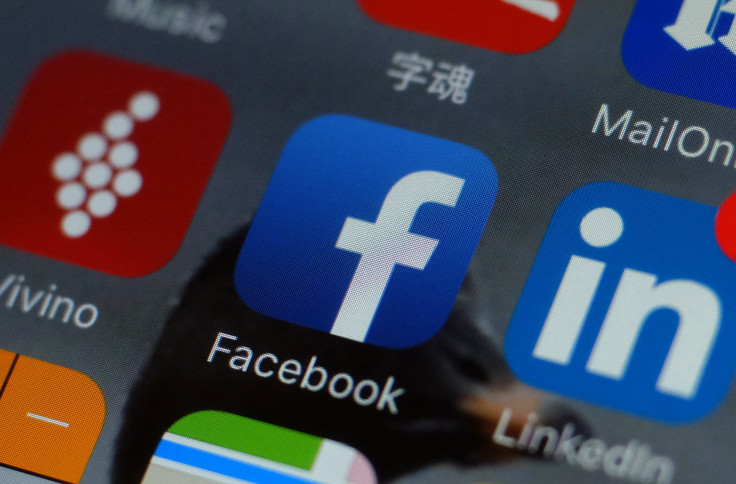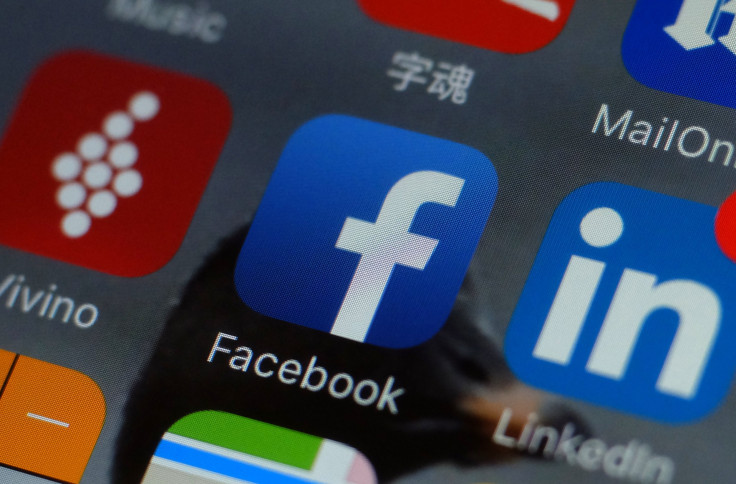Why One Country Will Ban Facebook For An Entire Month

Backlash against Facebook after the Cambridge Analytica data scandal continues to linger. On Tuesday, a government official from Papua New Guinea revealed that the site will be banned throughout the entire country for a month.
Sam Basil, the country's communications minister, claims the shutdown would allow for more research on Facebook's users, according to the Papau New Guinea Post Courier.
“The time will allow information to be collected to identify users that hide behind fake accounts, users that upload pornographic images, users that post false and misleading information on Facebook to be filtered and removed,” Basil told the Post-Courier. “This will allow genuine people with real identities to use the social network responsibly.”
Basil did not specify when the ban will happen.
Papua New Guinea passed a Cyber Crime Act in 2016 that Basil said the Facebook shutdown would help enforce. The law regulates the publishing of pornography and “defamatory material,” among many other things. There have been concerns in recent years about the Papua New Guinea government using the law to clamp down on dissent on social media.

Basil also hinted that Papua New Guinea could create a state-run social network as an alternative to Facebook.
The investigation comes in the wake of the far-reaching Cambridge Analytica scandal in March in which 87 million Facebook users had their data harvested by the right-wing election consulting firm. Cambridge Analytica, which was based in London and founded in 2013, would shut down operations on May 1.
It is unclear exactly why Facebook needs to be banned for a month for Basil’s team to analyze the social network. University of Sydney digital media expert Dr. Aim Sinpeng questioned the tactic, citing China’s indefinite ban of Facebook as a sign of trouble, according to the Guardian.
“If they are concerned about fake news there are many ways to do it without issuing a ban on a platform,” Sinpeng told the Guardian.
Papua New Guinea, located on the eastern half of the island of New Guinea and north of Australia, has a population of more than 8 million people. It is unlikely that a large portion of the population uses Facebook, according to the Guardian.
Facebook reported in April that it had a total of 2.2 billion monthly active users.
© Copyright IBTimes 2025. All rights reserved.




















